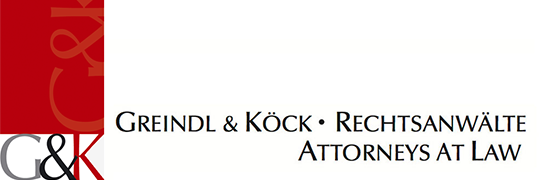Incorrect employer rating – what can be done?
Online rating portals are trending. In addition to rating portals for restaurants, hotels, products and, more recently, even teachers, rating portals for employers are becoming more and more popular. Websites such as Kununu, Glassdoor and Indeed give employees the opportunity to write reviews about the companies they are employed by.
However, these platforms are often misused to spread insults, false facts, employers’ actual names, or company internals. So, what shall be done in case of incorrect employer reviews?
Austrian legal situation
An employer who wants to have a review removed can issue a request to the platform operators. If a review violates the guidelines of the rating portal because it aims to insult or mentions company internals, this can usually be reported via a form. However, it is often quicker and more promising to take legal action directly, or at least to threaten to do so.
There are various bases for claims under civil law for this purpose. If an insulting or defamatory rating is excessive, or not centered around a true fact, it can be a defamation of character according to Section 1330 para 1 ABGB (Austrian Civil Code). The spreading of false facts, the untruthfulness of which the author of the review should at least have been aware of, may constitute a discredit pursuant to Section 1330 para 2 ABGB. In both cases, claims for damages and injunctive relief can be raised. Just the threat of these legal consequences may result into a quick removal.
Pursuant to Section 18 para 4 ECG (Austrian E-Commerce Act), which is based on the EU E-Commerce Directive, it is also possible to demand the authors‘ name, address and e-mail address from the rating portal in order to enforce these claims. The conditions for this demand are a substantial legal interest in identifying the user and at least the possibility of conviction. If there is an indication of defamation of character or discredit, this will generally be the case.
Country-of-origin principle for foreign platforms
The situation is different if the website origins from another EU member state. According to the E-Commerce Directive, the country-of-origin principle is applicable. This means that the legal requirements for a provider of electronic services are subject to the laws of the country where the provider is based.
Due to this country-of-origin principle, the scope of claims that can be made may differ. For example, the Austrian Supreme Court (OGH 6 Ob 180/21w) recently dealt with a case in which an incorrect employer review had been created on a German rating portal. The removal of the review was achieved, but the demand for the issuance of the author’s name and address was rejected as German law does not contain a claim similar to the Austrian ECG (Austrian E-Commerce Act).


 Deutsch
Deutsch